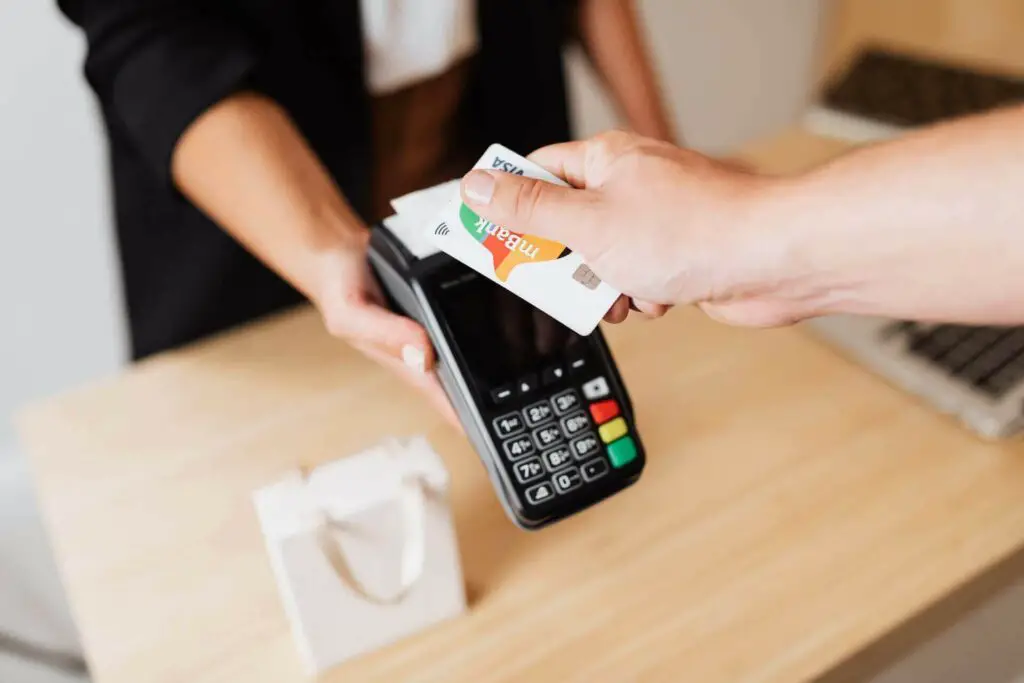Physical Address
304 North Cardinal St.
Dorchester Center, MA 02124
Physical Address
304 North Cardinal St.
Dorchester Center, MA 02124
Buying a new home is an exciting yet stressful process. Once you’ve found the perfect house and your mortgage has been approved, you still need to pay the closing costs to finalize the purchase. These fees typically range from 2-5% of the home’s price and cover expenses like title insurance, appraisal fees, and more.
Can you put closing costs on a credit card? Yes, you can put closing costs on a credit card if your mortgage lender and title company allow it. However, this method may involve convenience fees and could lead to high interest charges if not paid off promptly. It’s beneficial for earning rewards or short-term financing but can negatively impact your credit score and lead to debt accumulation.
For some homebuyers, putting these closing costs on a credit card can be tempting to earn rewards or get short-term financing. However, this strategy also comes with risks. In this article, we’ll explore the pros and cons of charging closing costs to a credit card and provide alternatives to consider.

The first question many homebuyers have is whether you can pay closing costswith a credit card at all. The answer is maybe. Some mortgage lenders and title companies accept credit cards as payment, but many do not.
You’ll need to verify with your lender and title company ahead of time if they allow credit card payments for closing costs. Be aware that convenience fees may apply, ranging from 3-5% of the total charges.
If your lender permits it, here are some potential benefits of putting closing costs on a credit card:
Using a credit card means you don’t have to coordinate paying from multiple accounts. The entire amount can be charged to one card.
Many credit cards offer robust rewards programs, including cash back, travel miles, and more. Charging thousands in closing costs could earn you a nice payout.
You’ll have a grace period before interest kicks in, allowing you to pay off the balance over time. This can help maintain cash reserves.
However, there are also considerable downsides to keep in mind:
The average credit card interest rate is around 15-20%. If you carry a balance, interest charges add up quickly.
It can be tempting to make minimum payments on large balances. This leads to growing debt and interest charges over time.
A high credit utilization rate can lower your credit score. Plus, applying for new cards also causes hard inquiries.
As mentioned, many lenders prohibit credit card payments for closing costsdue to processing challenges.
Given the drawbacks, you may want to consider other options to cover closing costs:
Ask the seller to cover a portion of closing costs in the purchase agreement. This effectively reduces your out-of-pocket amount.
Your lender may offer credits towards closing costs that you don’t have to repay. Shop around for the best deals.
Save money ahead of time so you can pay cash at closing and avoid debt entirely.
First-time homebuyers may qualify for down payment or closing costassistance through government agencies.
Borrow from those you trust and set up a repayment plan with no interest.
In general, it’s best to avoid charging closing costs to a credit card if possible. The interest rates are simply too high if you can’t pay it off immediately. Also verify if your lender allows this option in the first place.
However, if you can pay off the balance during the grace period and earn rewards, it may make sense in some situations. Just have a plan for paying it off quickly.
If you do want to charge closing costs, look for a new credit card with an intro 0% APR period so you can avoid interest. Cards with large sign-up bonuses can help offset the charges as well. Compare both factors to maximize rewards and minimize interest.
Also consider balance transfer cards with a 0% promotional rate. This gives you over a year to pay off the balance interest-free in most cases. Just be sure to make payments on time to avoid deferred interest.
Here are a few tips to determine if paying closing costs with a credit card aligns with your financial situation:
Carefully weighing these factors can help you make the right decision for your unique needs and budget. The bottom line is avoiding long-term interest charges.
Paying closing costs with a credit card can be convenient but also risky. While you may earn rewards, high interest expenses can quickly negate any benefit. Consider all alternatives and have a repayment plan to minimize financial impact. Weigh the pros and cons carefully before charging these fees to a card.